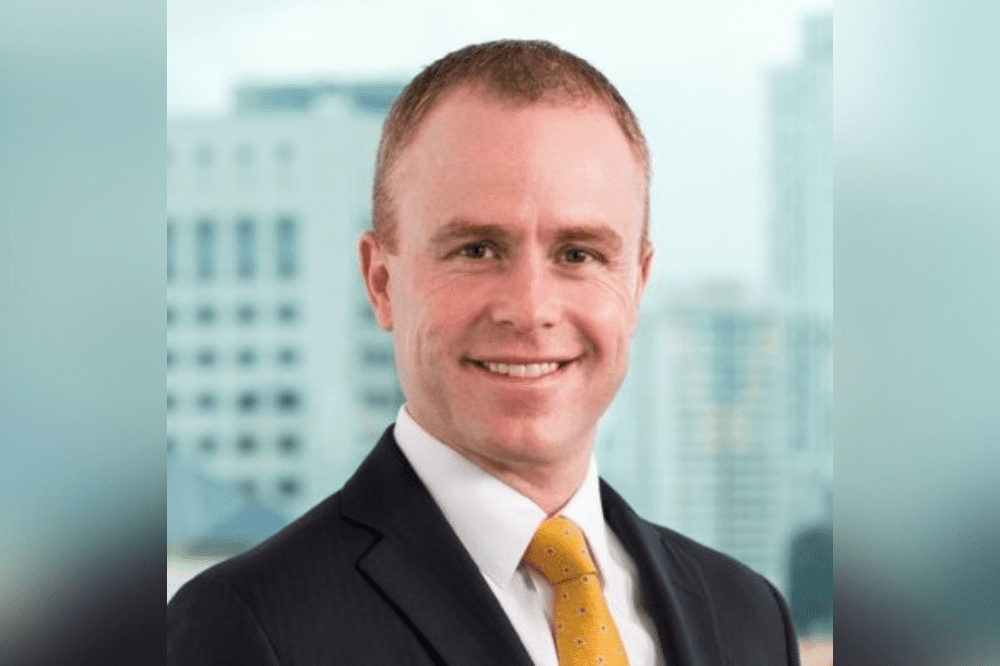Berkley Re CEO warns of inflationary impacts on reinsurance

The Sydney based CEO said the difference today compared to four decades ago is that other economic issues are also having an impact.
“The time it takes to rebuild with supply chain issues adds extra pressure on costs and the Australian dollar has weakened substantially against the US dollar which is resulting in certain types of imports becoming more expensive,” he said.
There’s also a tight labour market, he said, which is causing added delays in many sectors.
How can brokers help alleviate pressures on customers?
Brokers can help alleviate this situation – which can lead to higher premiums for their customers. Riddell suggested some proactive lines of questioning for brokers dealing with clients in the commercial property space.
“Do they [customers] have unique machinery or materials that may be more exposed to supply challenges?” he said. “Is the machinery imported from overseas and is it more susceptible to price movements due to foreign exchange movement?”
Riddell said rebuild lead times and this impact on business interruption coverage should also be flagged by brokers. However, he said, reinsurance is “always a challenge” and “ultimately” the responsibility of the insurers who buy it.
Riddell said two key questions that reinsurers ask their insurance partners are: How are they factoring in inflation into their sums insured? And, are they requiring updated valuations for the clients?
“Insurers do an excellent job at indexing the sums insured of home and contents each year and make available online rebuild calculators for their customers to make informed decisions on their sum insured,” said Riddell. He said, as this process gets more automated, it is helping treaty reinsurers better understand the adjustments that insurers are making year on year.
“It is more challenging to automate the process for high end commercial/industrial risks as they may have unique machinery/materials that is expensive and may need to be imported,” he said.
Riddell said the complexity of calculating rebuilding values is also more challenging.
“For example, is it effected by supply chain issues overseas? Or has the foreign currency shifted dramatically? This will make it much more expensive to import compared with prior years,” he said.
Riddell said these are some of the reasons why he’s seeing brokers and insurers seek updated professional valuations of insured properties and assets.
“Claim costs can fluctuate materially in a very short timeframe in this current environment,” he said.
Higher rebuilding costs, said Riddell, are a prime driver of these claims costs.
“This is an area that the reinsurance industry is focussing on in the lead-up to the upcoming treaty renewals as increased building costs should result in higher sums insured,” he said.
Reinsurers will also factor in other potential inflationary factors, said Riddell, such as post-event inflation which adds another level of inflation when there is peak demand for building services and materials after a natural catastrophe.
Reinsurers are under economic pressure
The economic pressures on the insurance industry, including reinsurers, have been widely reported.
“In a particularly difficult economic, financial and political context, reinsurers have no choice but to tighten up the conditions for treaty renewals for 2023,” reported Atlas Magazine. The article said insurers will find capacity but at significantly higher prices, possibly increasing by as much as 20% for some classes of insurance.
In October, one of the world’s biggest reinsurers, Swiss Re, reported a net loss of US$285 million.
“The first nine months of this year were marked by a confluence of events affecting Swiss Re’s financial performance: from turbulence in the financial markets, to an increase in natural catastrophe claims, surging inflation and the war in Ukraine,” said Swiss Re’s Group CEO Christian Mumenthaler in a media release.
However, another massive global insurer was able to report profits. In August, Munich Re announced a profit of US2,061 million in Q1–3 and profitable growth “in all fields of business.”



